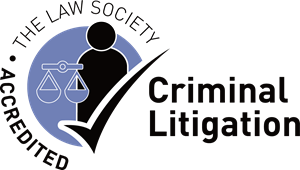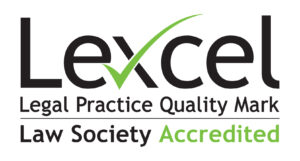If you have been arrested or detained by the police or have been visited and questioned, you will want to know your legal rights before you make any statements. The police have strict rules that they must follow when making an arrest or questioning someone. If you believe the police have breached these in any way, they may be guilty of misfeasance in public office and you and your lawyer can make a complaint. You should speak to a lawyer as soon as possible who will explain your rights and support you. Asking to speak to a lawyer does not make it look as though you have done anything wrong. It is your legal right to ask for legal assistance in all circumstances concerning the police.
Being stopped by the police
The police have the right to stop anyone they think may have committed an offence. They may stop and arrest you whilst driving or on the street, come to your house or visit you at work or even stop you at an airport or other port, provided there is certain evidence to suggest you have information relating to a crime.
If the police intend to arrest you they must tell you what crimes they suspect you are involved with and read the arrest caution regarding your right to remain silent. You are legally obliged to provide your name and address but that is all. If you are arrested for an offence, you are entitled to demand legal assistance and representation.
In custody at the police station
If you are arrested, the police will usually take you to the police station where you will be held in a police cell and questioned. Once the police have finished asking you about the crime they believe you have committed, they will either charge you or release you. You can be held in custody for up to 24 hours. This time can be extended up to 96 hours for a serious crime such as murder and up to 14 days if you are arrested under the Terrorism Act.
The police will search you and a custody officer will keep your possessions. You are allowed to make a phone call to let someone know where you are. If you feel ill, or are injured, you are entitled to have medical attention. The police will normally take your photograph and they may take DNA samples, for example, saliva or hair and fingerprints.
If you are released on bail because there is not enough evidence to charge you, you will have to return to the police station for further questioning at a later date. The police also have the option to release you on conditional bail if they feel there is a chance you could commit another offence, fail to turn up at court or intimidate witnesses. This means your freedom is curtailed in some way, such as putting a night-time curfew or geographic boundary in place.
Being questioned by the police
Before you are questioned you must be informed of your legal rights. The first thing you should be informed of is your right to free legal advice. If you request legal assistance, you cannot be asked any questions until your lawyer is present, even if this means a significant delay before they arrive. You can choose to contact your own lawyer rather than the duty or legal aid solicitor.
You should be given a written notice – available in several languages – setting out your rights during the questioning, for example, breaks for food, toilet, etc. If you need an interpreter, the police need to find one for you. The police need to read you the police caution and inform you if the session is being recorded. You do not have to answer any questions put to you by the police, but you should be aware that not answering them may have consequences. It may harm your defence if you fail to mention something which you later rely on in court. Anything you do say however may be given in evidence.
Young and vulnerable people
If people in police custody are under 18 years of age or considered vulnerable, the police must attempt to make contact with their parents, carers or others responsible for their wellbeing. An appropriate adult must come to the police station and be present while the person is being questioned and searched.
Conclusion
Dealing with the police can be daunting but it is important to understand your rights and to seek legal advice to ensure those rights are protected. Whether you are detained, arrested, or charged remember your most important rights are the right to legal assistance and the right to remain silent until you have a lawyer present.
If you or someone you know wants more information or needs help or advice, please contact us on 020 3189 0087 or email [email protected].



